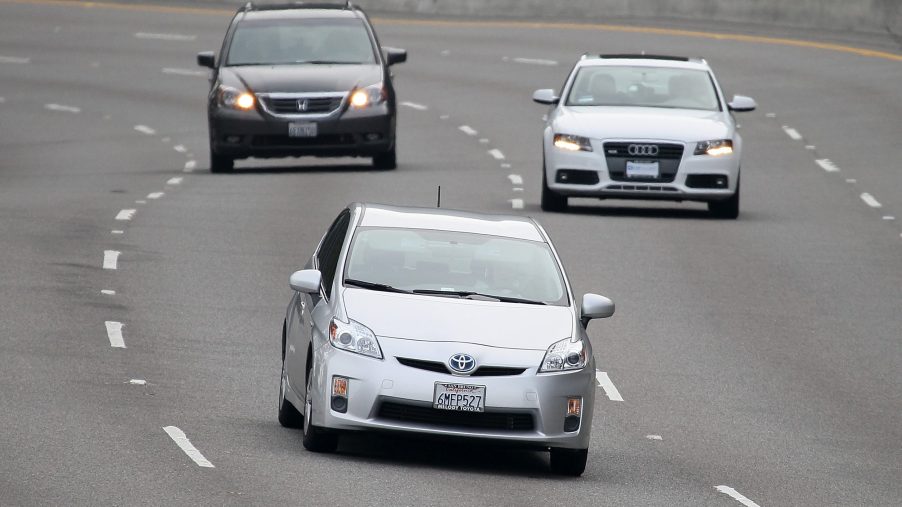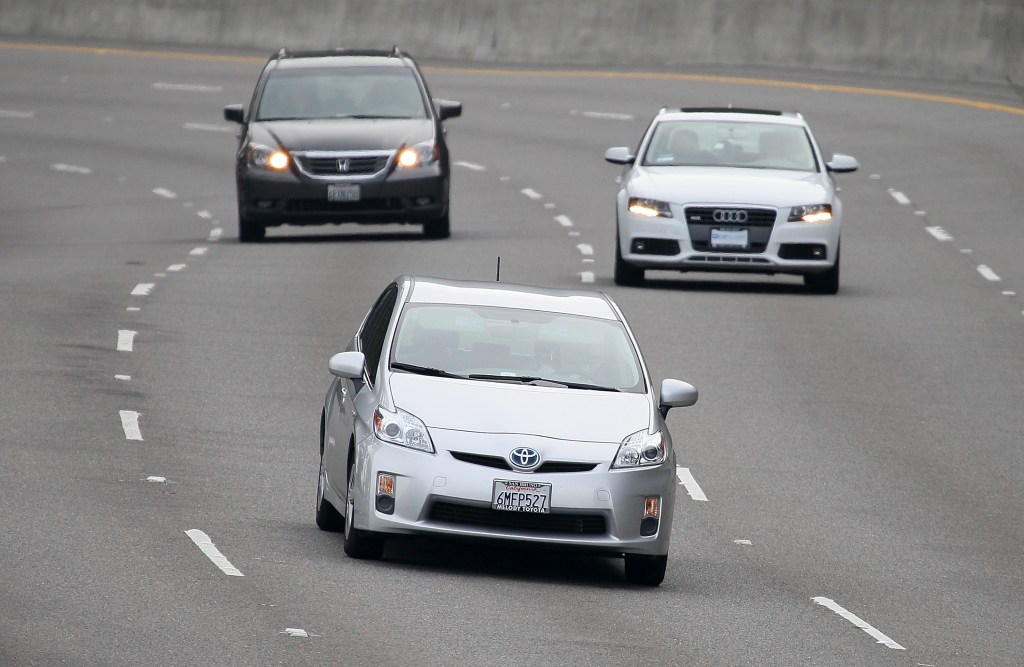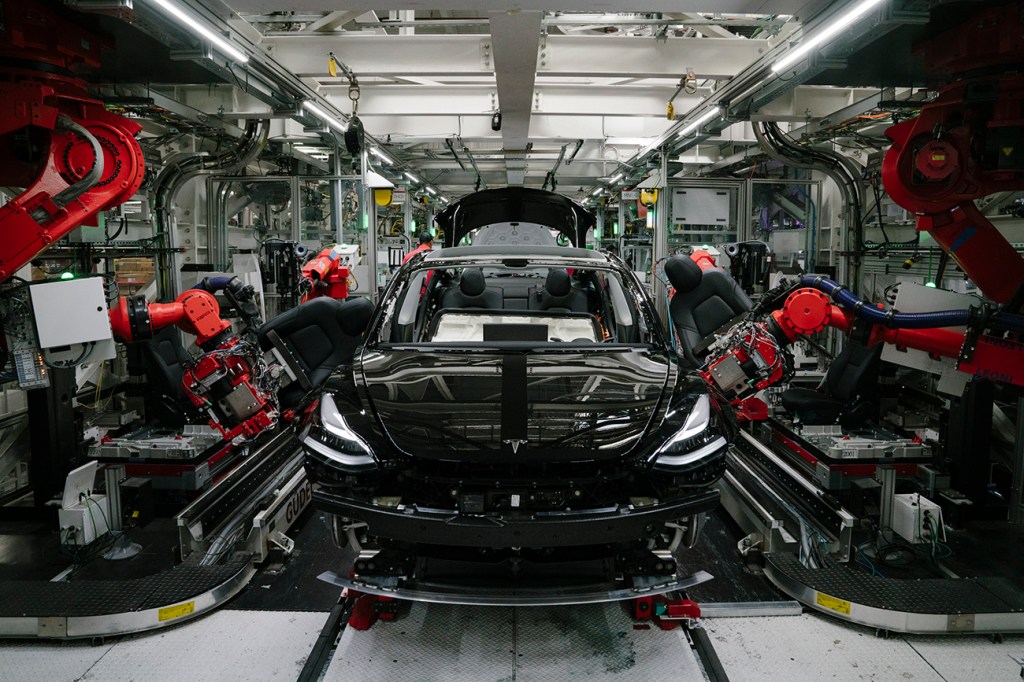
Building Roads is Worse for the Environment Than Building Electric Cars
As electric cars are manufactured to counter climate change and reduce our carbon footprint, many wonder if the good of a zero-emissions car outweighs the bad in building one. After all, it’s harder and more toxic to build an electric car battery than it is an internal combustion engine. The short answer is that, over a long period of time, electric cars are better for the planet. But cars aren’t the only aspect of transportation that needs a rethink, as building roads is far more damaging than building cars.

The process of building roads releases more emissions than building electric cars
Let’s get some sciency stuff out of the way first: emissions are measures in tonnes of CO2 produced. Metric tonnes are about 204 lbs heavier than a ton (2000 lbs), and a single tonne of CO2 would look like a 27 ft by 27 ft cube of dense carbon. Considering we produce over 30 billion tonnes of CO2 a year, that’s a cube of carbon one and a half times larger than the Grand Canyon.
Producing cars is just one of the factors that add up to that massive number, and when it’s all said and done, the emissions from building a car don’t add up to much. It takes a lot of energy to build a car, and that energy will produce more or fewer emissions depending on the kind of car being built.
A brief estimate from the Low Carbon Vehicle Partnership looked into the emissions lifecycle of cars. For a standard gasoline car, it’ll take about 5.6 tonnes of CO2 to build a single car. For electric cars, that number bumps up to 8.8 tonnes. This doesn’t include the emissions from the tailpipe, but in this article, we’re only focusing on manufacturing. And those numbers shy in comparison to the emissions released when building a road.
Mixing and manufacturing asphalt is cheap, but it’s also incredibly dirty. To build just one mile of one lane (hence referred to as one lane-mile), it takes 3,500 tons (or 3175 tonnes) of CO2 (Sightline Institute). And that’s just one mile of road. I-95, a highway I drive frequently, is a two or three-lane highway spanning 1908 miles. Do some rough math, and that’s 12-18 million tonnes of CO2 to build that one highway.
Though, perhaps this is an unfair comparison. While building one car, electric or otherwise, might not produce a lot of emissions, we build a lot of cars every year. So what exactly is the scale of these emissions?
Comparing the annual CO2 emissions of building cars to building roads

In 2019, before the chip shortage, covid, and skyrocketing car prices, automakers built a collective 92 million cars. We already mentioned that it takes between 5.6 and 8.8 tonnes to build a car, but let’s use the average of 7.2 tonnes of CO2 per car. That means roughly 662 million tonnes of CO2 are emitted every year from building cars.
In order to match that, we’d have to build 190,000 lane-miles of road. This could also be a two-lane, 94,000-mile road, or a three-lane, 63,000-mile road. Considering the radius of the earth is just under 25,000 miles, that’d be rather tricky to do. And we’ve already built the American interstate system, which spans across the country. But for developing countries who want to build roads and amass wealth, asking them to stop is tricky.
How to tackle these climate issues and move forward
Simply put, the damage has already been done. Now it’s time to mitigate the damages and stop doing any more. This includes reworking every aspect of society, from how we eat and live to, of course, how we drive. But everyone buying an electric car won’t be enough. We need to change the energy sources used to charge those cars. And we need to capture the carbon that’s already floating around us.
According to the International Journal of Environmental Research and Public Health, over 31% of the world’s emissions come from the “transportation segment.” That includes cars, trains, planes, boats, and roads. While we’re taking steps to fix this large chunk of emissions, pinning all the blame on consumers for not buying an electric car is malicious and plain wrong.
This is a global issue, and if we don’t start reversing the CO2 emissions damage we’ve done, rather than just going “carbon neutral,” the consequences will be dire.


